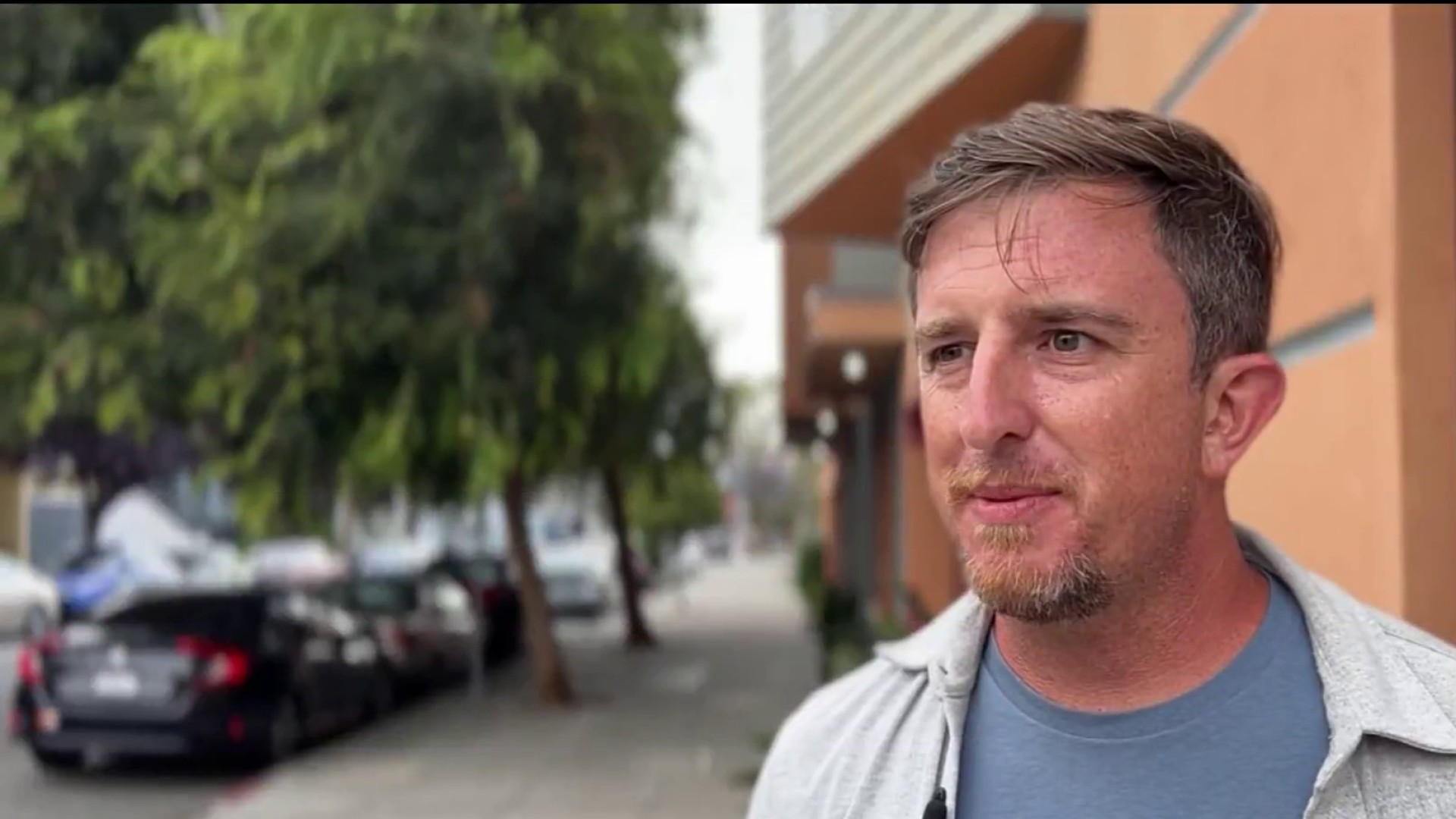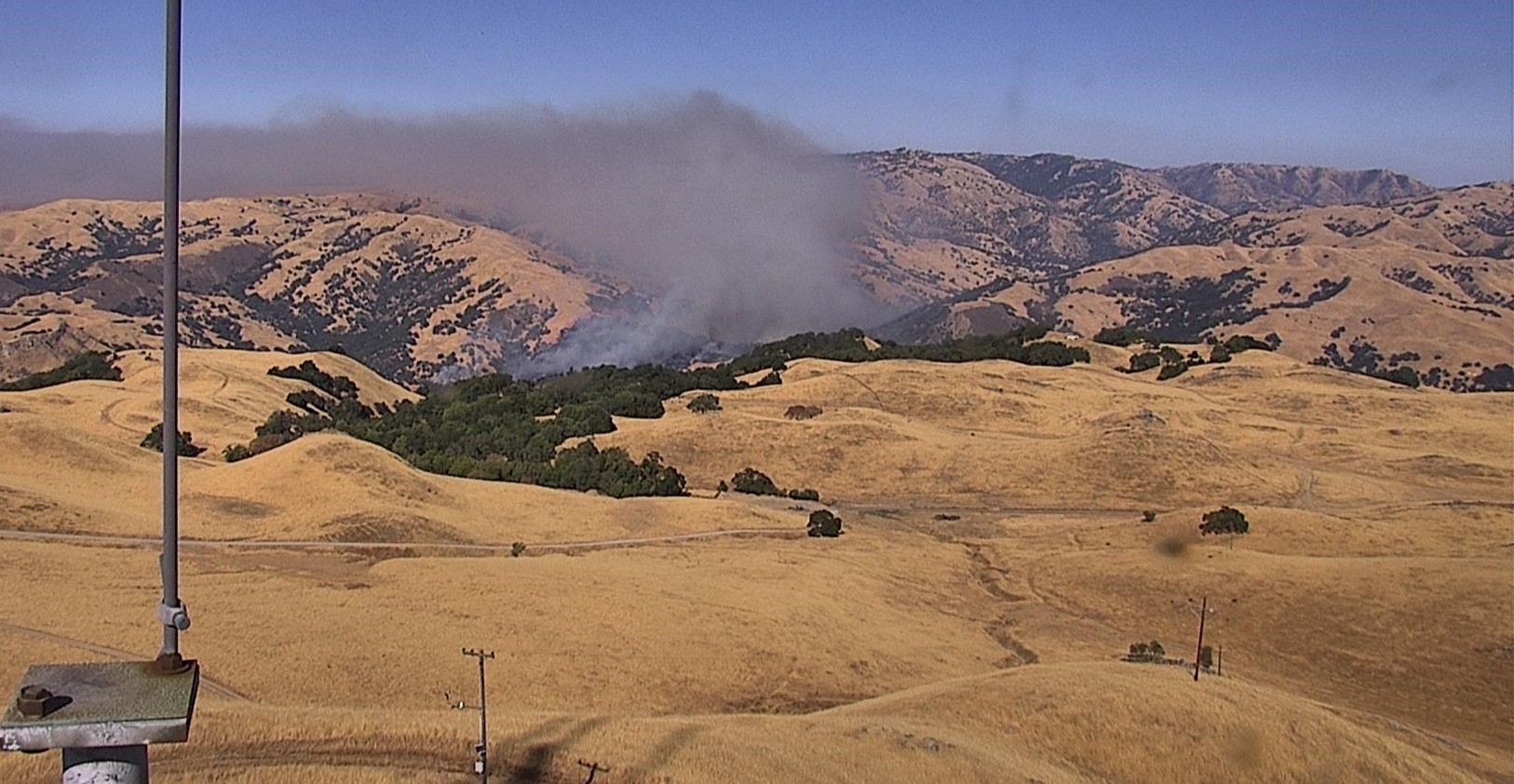The fight is far from over when it comes to the union dues, despite the victory for teachers unions Tuesday. Without Justice Antonin Scalia the U.S. Supreme court deadlocked, handing labor unions the automatic win.
The four-to-four split means a lower court’s decision stands, and the California Teacher’s Association can still charge fees to nonmembers for collective bargaining.
“Actually, I’m grateful for a split decision because that means we still have an opportunity to hopefully re-argue,” said lead plaintiff Rebecca Friedrichs.
In Friedrichs v. California Teacher’s Association, Friedrichs and nine other teachers are challenging mandatory union fees.
The group has opted-out of paying for the union’s political activities; however, they are still required to pay about $650 per year for collective bargaining despite being nonmembers. Members pay more than $1,000 per year.
Friedrichs is a third-grade teacher at Holder Elementary in Buena Park. She has been teaching for 28 years, even serving as a local union board member for three years.
“It didn’t matter how I tried to get my voice heard within my union, my voice wasn’t being heard -- not just my voice but the collective voice of many teachers,” Friedrichs told NBC Bay Area over the phone.
Local
She says she and other teachers offered to take pay cuts so other teachers could keep their jobs during the 2008 recession.
“The union just told me absolutely not. We won’t even have the conversation,” Friedrichs said.
Stanford political science professor Terry Moe says “the unions have dodged a bullet.”
Moe, a senior fellow with the Hoover Institution, agrees with the plaintiffs and says today’s decision would have been different Justice Antonin Scalia had been there.
“The teachers unions in California are much too powerful. We have all sorts of contracts that have seniority provisions and all these other things that protect incompetent teachers,” Moe said, lamenting the fact the Supreme Court is missing a justice.
“Whatever you think about what the result of the case should be, the fact is the Supreme Court cannot make decisions on important matters and this is not good for the country,” he said.
Michael Hickey, president of United Teachers of Santa Clara, says the accusations against unions are not inaccurate.
“That’s a common myth in our country that people perpetuate, especially the right wing, in believing people are forced to pay dues and forced to go to political activities they don’t agree with, and that’s just not true,” Hickey said.
Union leaders say all teachers benefit from collective bargaining, whether they’re in the union or not.
“If they’re able to benefit from all the things we do but wouldn’t have to pay, that’s just not fair,” Hickey said. “There are all sorts of political entities out there that want to attack public unions.”
Friedrichs says non-members never asked for representation and dislikes being called a “free rider.”
“We pay 100 percent of collective bargaining fees, but we get no voice. So really, we’re ‘forced riders,’ and they’re free riding off of us,” Friedrichs said.
NBC Bay Area political analyst Larry Gerston says the fight is not over.
“We know this issue will come back as soon as the court has a ninth member. So If I were the teachers I wouldn’t be too overjoyed, and if I were the challengers I wouldn’t fret too much,” Gerston said, predicting other controversial issues like abortion may be deadlocked in the Supreme Court as well.



